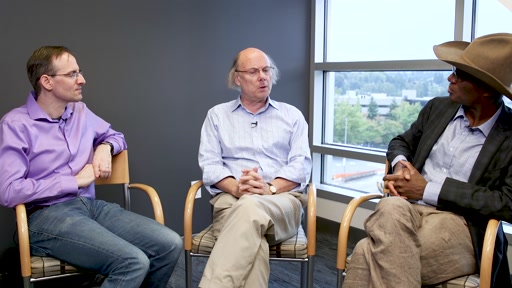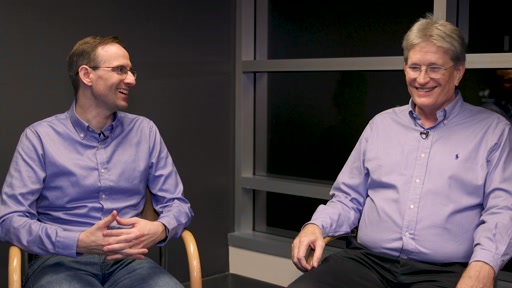CppCast Episode 124: Build Systems and Modules with Isabella Muerte
Episode 124 of CppCast the only podcast for C++ developers by C++ developers. In this episode Rob and Jason are joined by Isabella Muerte to talk about her recent talk at CppCon 2017 where she discussed some of her concerns with the Modules TS.
CppCast Episode 124: Build Systems and Modules with Isabella Muerte
by Rob Irving and Jason Turner
About the interviewee:
Isabella Muerte is a C++ Bruja and Build System Trash Goblin. She taught herself to program by writing a build system and immediately regretting the decision. Her first computer ran Windows Millennium Edition and her parents forbade her from upgrading to anything else for 5 years. She is still bitter about this. In her spare time, she is into open source software, tattoos, computer keyboards, and making fake cover bands like 'Rage Against the Abstract Machine'

 Another great interview!
Another great interview! Did you miss Cppcon?
Did you miss Cppcon?